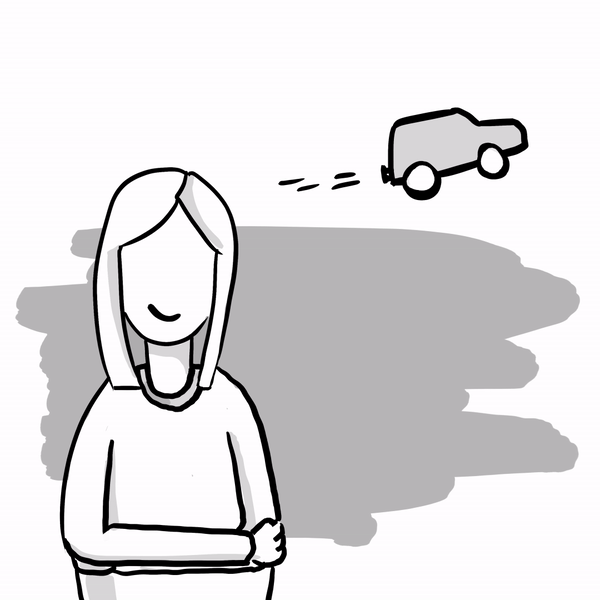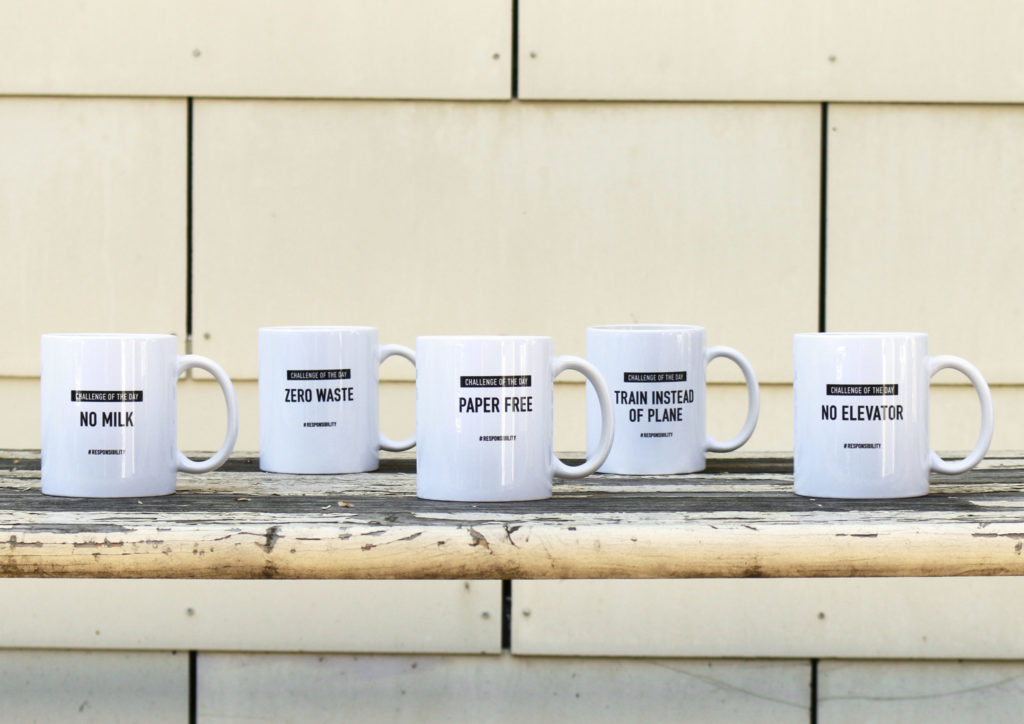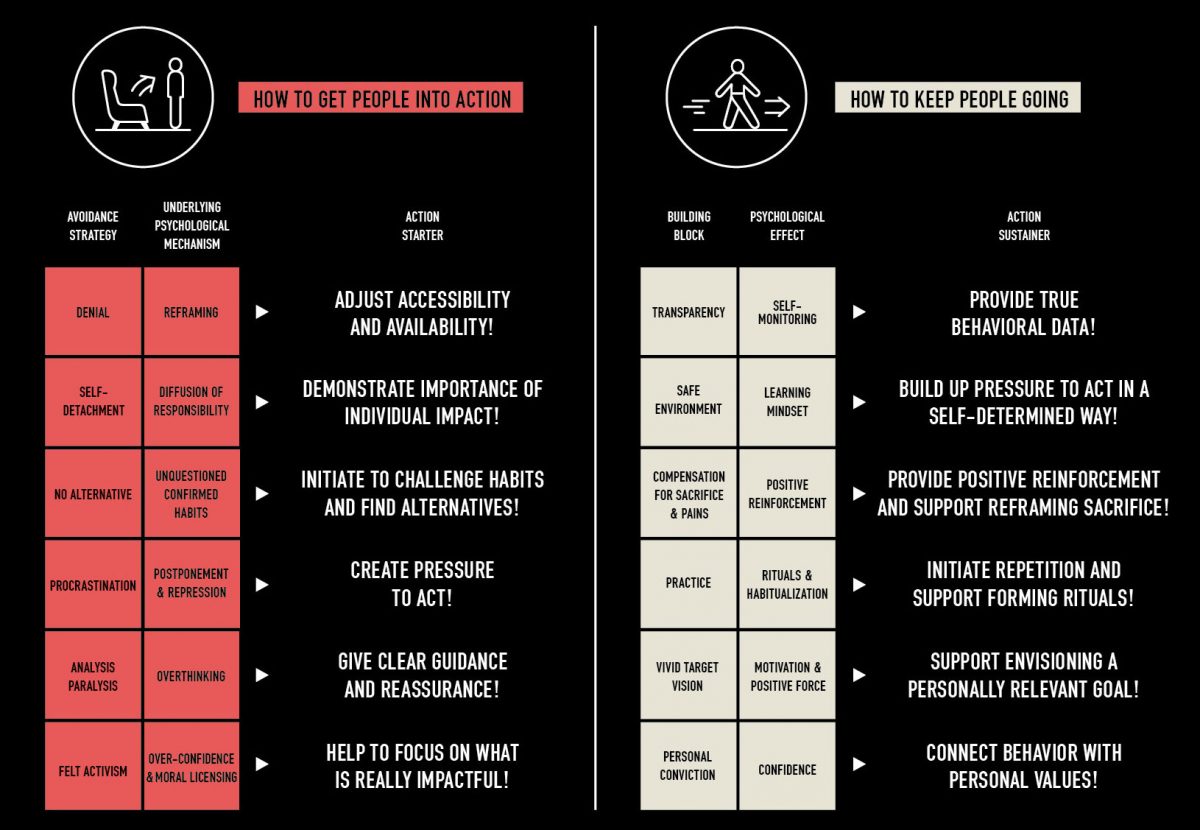Deep Dive
Responsibility and behavioral change
How a month-long experiment led to great insights on behavioral change
As in most places, the topic of sustainability was a constant in our office in 2019. Fridays for Future, the European election, the rise of the German Green Party were fuel for some heated, but still very abstract debates.
We discussed a lot about our own responsibility, personally and as a company, and how this would affect the way we live and work.

Less talking, more action!
We decided to take on our part and started by intensively studying it from a number of perspectives. To fully understand the challenges ahead we took a deep dive including a one-month-long self-experiment – to see how we can make a difference.
While the urgency of the issue is clear, research shows, that actual change in behavior is scarce and that there is no “Greta effect”.
We all prefer to stay where we feel safe and we are not ready to give up our comfort zone privileges. More responsible behavior seems to act against our natural desire and free will. And against our daily constraints.
Our first lesson: we are trapped in our comfort zone.

One month of total transparency!
To better understand, we measured ourselves. What was meant as carbon footprint inventory turned into a social experiment pushing us out of our comfort zone.
Tracking our status quo should have meant “business as usual”. However, we noticed that we immediately started to challenge our habits. We were more self-critical and observed our behavior in more detail while we were also looking for inspiration from each other. Group dynamics and subtle competition did their part.
While trying new ways of doing things, we learned about the triggers and barriers to more responsible ways of living. Each one of us faced our personal moments of truth.
All in all, we had created an ideal environment to get into action.
How to get people into action and how to keep them going?
We discovered six avoidance strategies and their underlying psychological mechanisms that keep us from taking action. The one thing they all have in common: They are all based on our deep unwillingness to sacrifice and change.
To get people into action, you have to find a way to address and breakthrough these strategies.
We also had to realize that the real challenge is to establish a long-term change of habits. Our self-experiment helped us to define essential building blocks for such a change.
To keep people going it is helpful to utilize the psychological effects which are key to truly unlearn ”bad habits” and establishing more responsible behavior.
Psychological insights
UNDERSTANDING HUMAN BEHAVIOR IS THE MOST POWERFUL LEVER TO ENABLE POSITIVE CHANGE.

Initiating behavioral change
One result of our learnings is our Behavioral Change Kit.
A comprehensive guide for shaping people’s behavior towards a more climate-friendly lifestyle.
- To learn about the psychological context of taking on responsibility.
- To evaluate already existing solutions in a playful, yet structured way.
- To inspire new, different, and/or more effective approaches for shaping people’s behavior for the better.
Our goal is to share our insights and make them actionable for others as well.
We believe that we all can use a little help here. There is no finish line. Motivation will have to be renewed again and again. We know this from our own experience.
Do you want to get started and find out how you can contribute?
Drop us a line to get your own Behavioral Change Kit!
We got featured in Page Magazine!

What’s next?
Our journey is still ongoing and will so for the foreseeable future. However, we believe that having taken these steps has made us experts in challenging habits for the better.

Start your day responsibly with our Challenge-of-the-day Mugs
Learn more about our Responsibility Journey:


